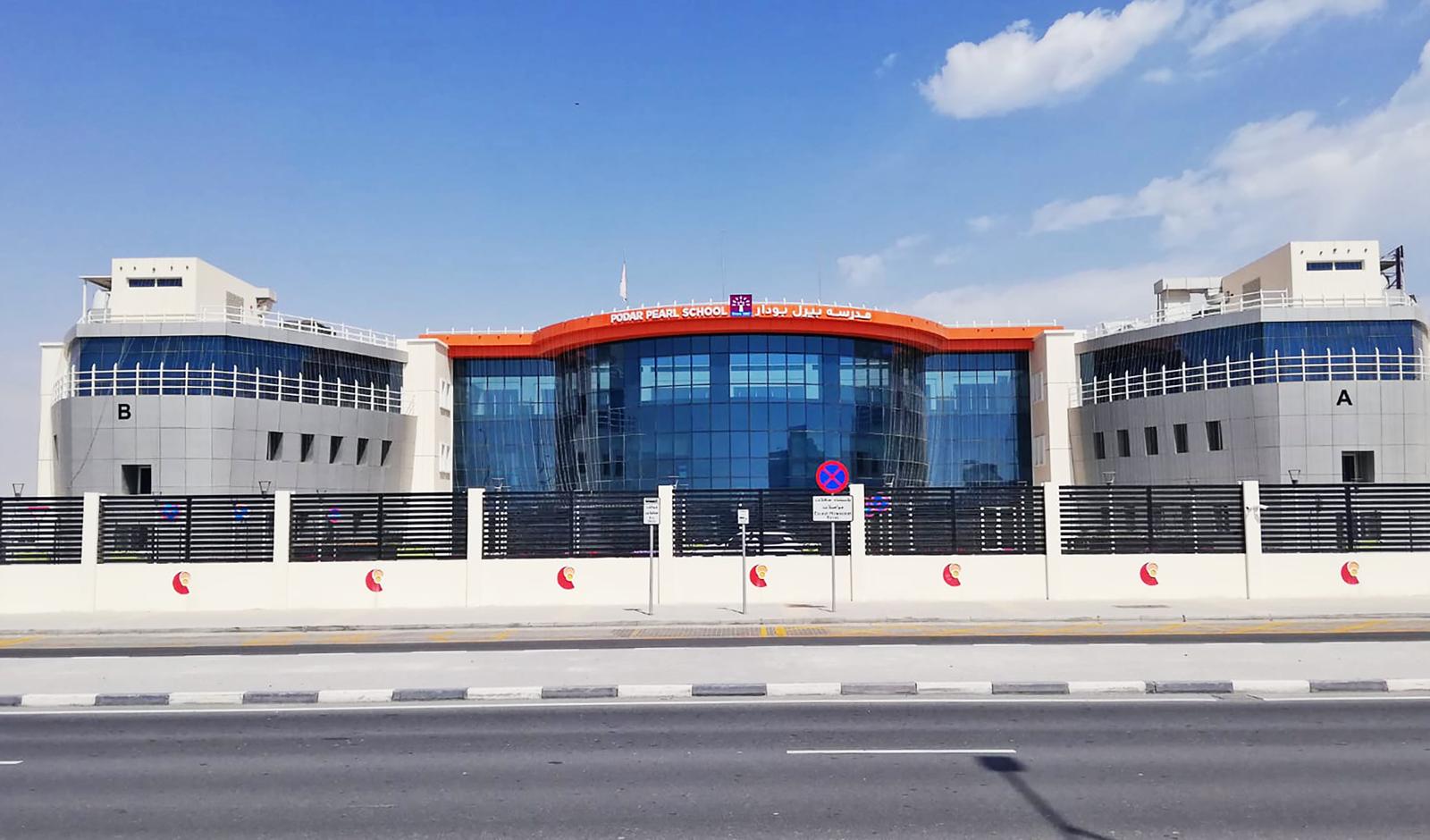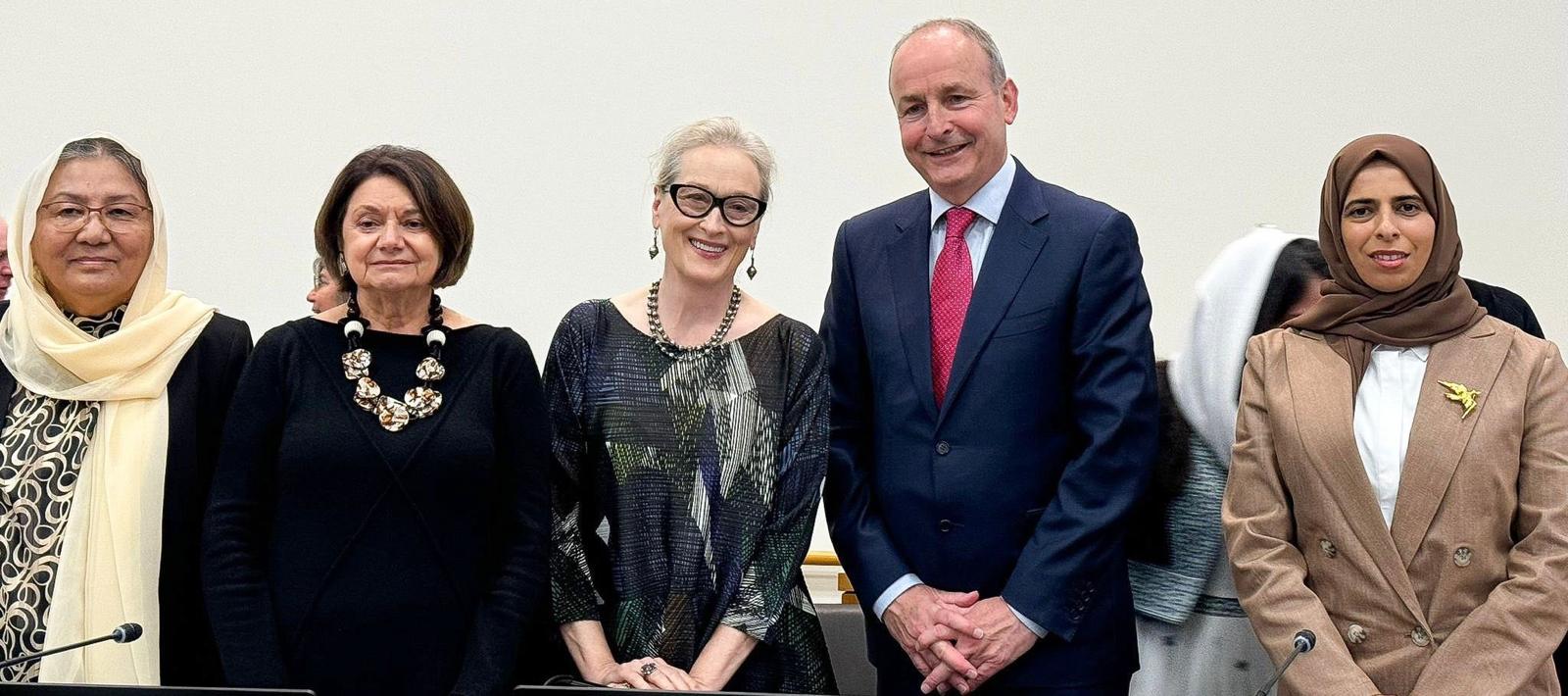
How have your teachers helped you become the person you are today?
Teach for Qatar (TFQ), a program that aims to bolster the country’s independent schools by having academically distinguished graduates serve as teachers, is asking residents that question as part of a new social media campaign.
The campaign, which was launched today to coincide with World Teacher’s Day, is running on Twitter and Instagram in both English and Arabic under the hashtag #thank_your_teacher / #شكرا_معلمي.
As part of the program, Teach For Qatar will share a series of short films featuring young people sending their thanks to their teachers, and the organization is also inviting members of the public to contribute their own videos, pictures and tweets using the hashtags.
The three best contributions will be announced at the end of the month.
Vodafone Qatar is backing the campaign, asking its followers to send in their videos saying thanks:
كل عام وكل المعلمين الكرام بألف خير! ارسل مقطع فيديو تشكر فيه معلماً ترك أثراً في حياتك على الهاشتاق #شكرا_معلمي ضمن حملة @TeachForQatar
— Vodafone Qatar (@VodafoneQatar) October 5, 2015
Former students in Qatar have already begun contributing via Twitter. For example, Mohammed Alqadasi wanted to thank his teachers at his secondary school:
https://twitter.com/MohdAlqadasi/status/650964455400935424
Teach for Qatar program
A non-governmental organization (NGO), Teach for Qatar was was launched by Sheikha Hind bint Hamad Al Thani last March to help solve – in the organization’s own words -“Qatar’s education challenges.”

Following in the footsteps of similar programs around the world like Teach First in the UK and Teach for America in the USA, TFQ trains well-qualified graduates and young working professionals – both expats and Qatari nationals – to work as full-time English, math and science teachers in local independent schools for two years.
Organizers said they received more than 700 “expressions of interest” for placements that began in September 2014, and 14 “exceptional” young people were selected for the first year of the program.
The recruits, who all speak fluent English and Arabic, are called “fellows,” and are given two months of training in the summer before taking up teaching jobs, as well as ongoing mentoring and support.
‘Education challenges’
According to TFQ’s website, Qatar’s state-run secondary schools face many challenges:
“Qatar has the world’s highest GDP per capita (Purchasing Power Parity) and is considered one of the richest countries in the world. However the potential of its human capital remains, in large part, untapped,” a statement said.
“The poor academic performance in many independent schools has been attributed to low student motivation to attend school and engage in the learning process.”

The site also acknowledged poor academic results in the independent school system, which have seen Qatar’s students come in the bottom 15 percent of all countries in the 2011 TIMSS (Trends in International Mathematics and Science Studies).
Qatar also consistently scores poorly in the annual Program for International Assessment (PISA) exam, an international education index.
Teacher shortage
In the past, experts have said one of the biggest problems facing government-funded independent schools is a shortage of qualified educators.
To help solve this problem, the Supreme Education Council (SEC) announced plans in May to recruit 1,500 more teachers, specifically from Arab countries.

The teachers were expected to be fast-tracked through immigration to fill vacancies at existing schools and take up positions ahead of the new school year, which began last month.
Last year, the SEC said that special allowances would be made to hire Qatari teachers. A shortage of nationals led the government ministry to consider those with less experience than their international peers.
Thoughts?







